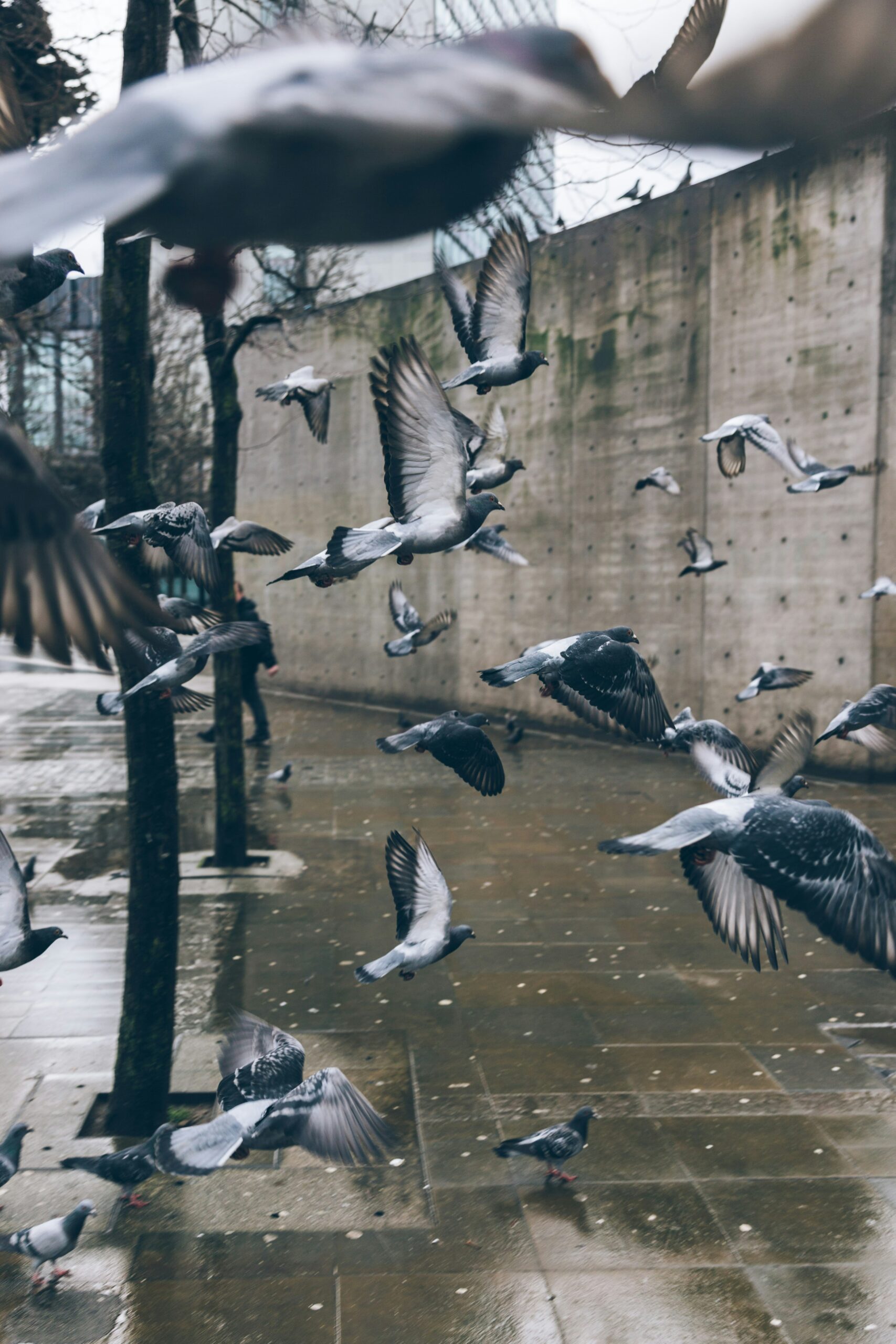Sign Up to Our Newsletter & Get 10% OFF
Free Exchange of products within 30 days
Pickup in Phoenix area available
Premium Brand Items for an affordable price
Shopping cart (0)
Subtotal: $0.00
Spend $900.00 to get free shipping
Congratulations! You've got free shipping.
Menu
Categories
- Net Clips
- Net Rings
- Uncategorized
- Adhesive
- Bird Netting & Net Clips
- Bird Spikes
- Cable Wire & Ferrules
- Clamps
- Conical Anchors & Screws
- Daddi Long Legs
- Hammer on Girder Clips
- Hog Rings
- J-Hooks
- Lag Screws
- Multi-Purpose Brackets
- Optical Gel Cups
- Posts & I-Pins
- Solar Panel Guard Kit
- Springs
- Toggle Bolt
- Turnbuckles
- Wire Mesh
- Zipper
(602) 777 7621
robbie@birdfreeproducts.com
Dangers and Health Risks of Bird Droppings
Categories
Recent Posts
- Why Dura Spikes Are the Long-Term Bird Deterrent You’ve Been Searching For July 27, 2025
- Bird Netting 101: A Complete Solution for Gardens, Warehouses & Rooftops July 27, 2025
- The Ultimate Guide to Bird Spikes: Keep Your Property Pest-Free July 27, 2025
- Dangers and Health Risks of Bird Droppings June 10, 2025
- Preventing Birds from Nesting in Unwanted Areas June 10, 2025





Add comment